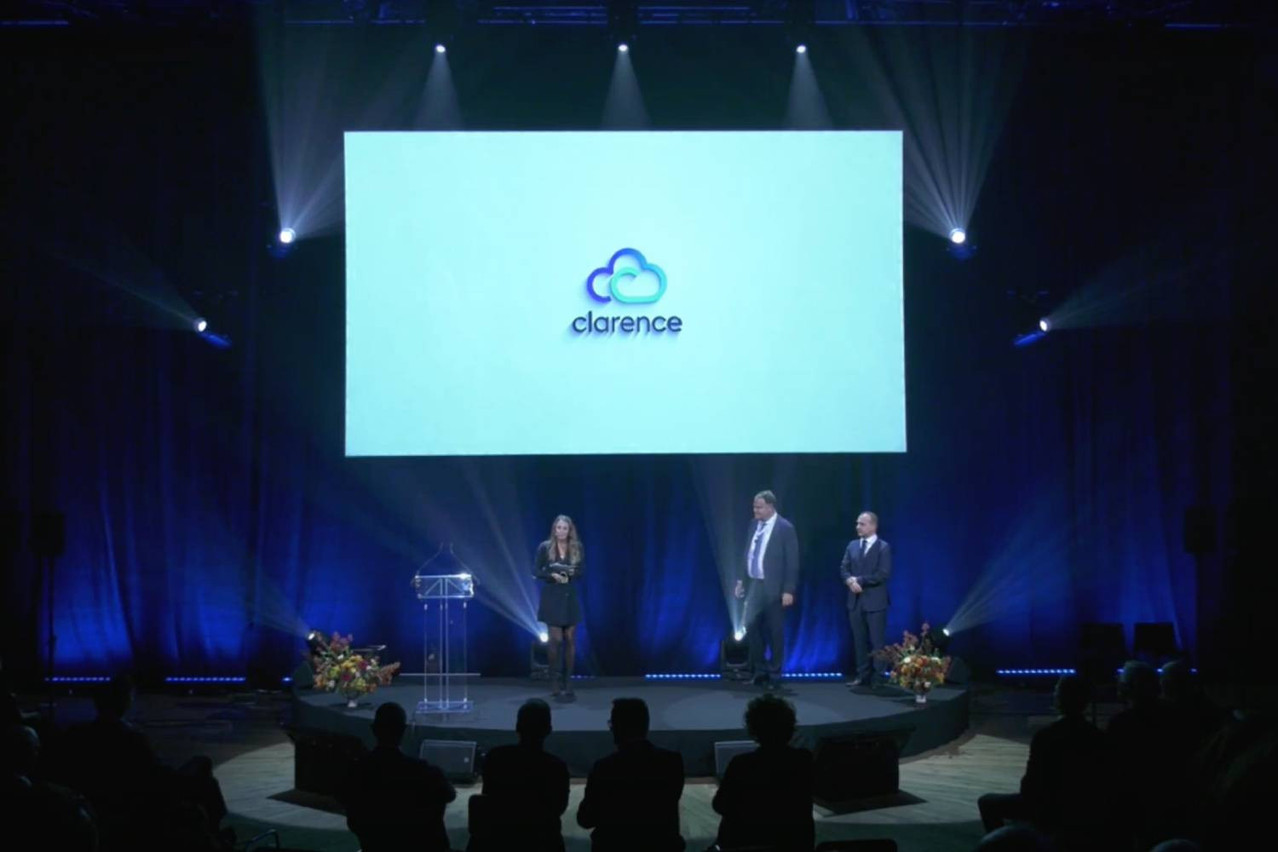Does Europe--longstanding addict of American technologies--have any chance of regaining control over its digital life?
Europe’s General Data Protection Regulation (GDPR) has been a cold shower for some, finally waking them up to the reality of how valuable their personal data is. Recently, some of the tech giants who covet that personal data have made claims of a “sovereign cloud”: Amazon Web Services has gone public with an initiative, Oracle announced one in June this year and Microsoft another in 2022 (for certain customers).
Prime minister (DP) has not been impressed by these three products. “They say they keep the data in their data centres in Europe…” he said at a recent public appearance, adding a gesture to the remark making it clear how hard it is to trust that this data won’t, somehow, end up in the United States after all.
“We need transparency, security and trust,” Bettel continued. “People believe in the government, which stores a lot of their personal data. You can’t play games with people’s trust, especially with such sensitive data.”
Google technology without Google
At the launch on 25 October, Luxembourg announced its plan to free itself from these tech giants (if not from their technologies) via local data storage (LuxConnect), local operation and maintenance of Google technology (Proximus) and local training in Google Cloud technologies.
“It’s like Google gave us all the technology and the keys to make everything work,” said one expert at the launch. Even though Google has sent Joris Schoonis (Benelux managing director) and Anthony Cirot (VP Emea South Google Cloud) to Luxembourg, the giant is keeping a low profile. “This is the first time we’ve deployed this technology outside our own country,” said Cirot on stage. “I’m happy to see a country like Luxembourg at the forefront.”
Clarity + transparency
The cloud is called Clarence, a contraction of “clarity” and “transparency.” It is to be the first disconnected sovereign cloud service and will be jointly run by Proximus and LuxConnect. Among the minds involved in the idea were , lawyer, professor and former politician; , CEO of Proximus; and, of course, the wishes of prime minister Bettel.
LuxConnect CEO also spoke at the launch, delivering a tribute to Bettel. “It all stemmed from your visit to Google in Mountain View six months ago,” he said. “Everyone at Google knows where Luxembourg is and who the prime minister is. You fought for the success of this initiative!”
Success, however, will come if this unique proposition is actually adopted in Europe. Is the market interested in protecting its data from outside interference, and if so will Clarence be the answer? The notion of “sovereign cloud” is so overused that even the addition of “disconnected” in the description left the audience divided. Some were excited; others said: “We’ll see.”
This article in Paperjam. It has been translated and edited for Delano.
